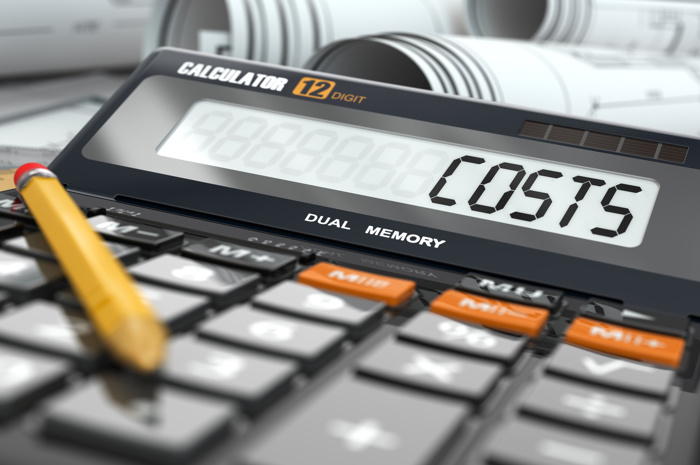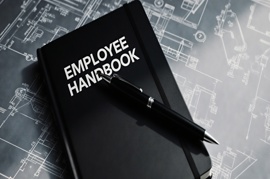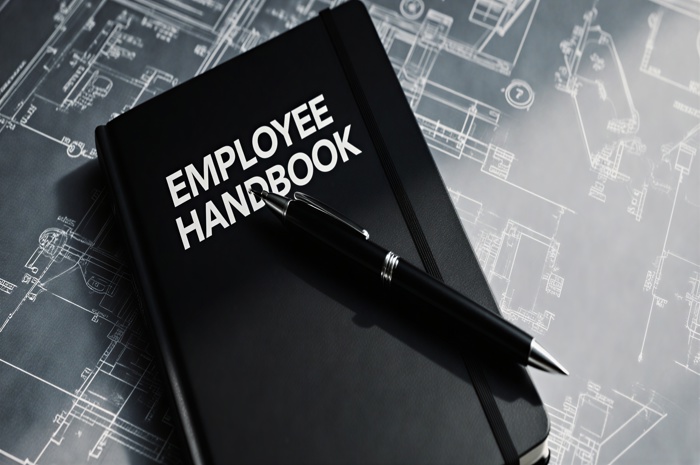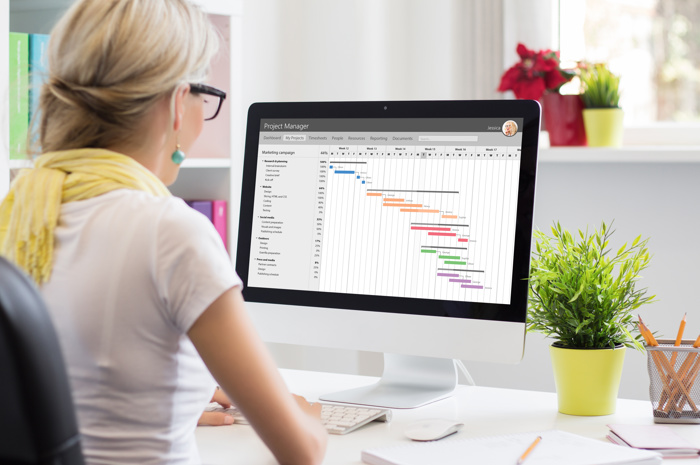Expenses incurred by the business will depend on the type of business. There are many types of business expenses some of these would include the following; legal fees, insurance costs, maintenance and repair costs, utility costs and office lease costs etc.
Business expenses are deductions from the income statements, also known as the profit and loss statement. Every business should track their expenses so they can monitor their cash flow to ensure profitability and to ensure that they are able to accurately reflect in their annual returns to HMRC.
What are the three types of business expenses?
Fixed – These are expenses that tend to remain the same every month. For example; this would include rent and equipment lease payments.
Variable – These are expenses that change month on month. For example; this would include utility expenses alongside telephone and internet payments.
Periodic – These expenses would happen occasionally. For example, this would include emergency equipment repairs and annual bonuses.
Where would they go in the income statement?
All the expenses that are 100% business purposes will go under the operating costs. Depending on the type of expense will determine where it is categorised under the operating costs.
Steps to determine where your expense are categorised in the income statement are as follows:
1) Decide on the right categories for your specific business expenses.
2) Reconcile and review the business bank accounts on a regular basis.
3) Each time the business spends money, determine where they are spending it on.
4) Ensure the transactions have been assigned to the right category
5) When able to run a profit and loss report to identify where the business is spending the most, this can be done all accounting software or on a spreadsheet.
6) Categorise each expense to make it easier when you compile your end of period accounts and to ensure the tax documents are prepared correctly.
Expenses are categorised in two main areas known as direct expenses and indirect expenses:
Direct expenses - These are the expenses that can be allocated conveniently to a unit cost, which includes a product or project. These costs are generally related to the purchase and production of goods and services or the reselling of wholesale goods. For example, some of these costs would include purchase of products that are sold, freight, carriage and wages.
Indirect expenses - These are those expenses that are incurred to operate a business as a whole or a segment of a business. Examples of indirect costs would include office supplies, marketing/ advertising costs, utility costs, repairs and maintenance costs.
There are many non-deductible business expenses, some of these are listed below:
-Government fines and penalties
-illegal activities
-Lobbying expenses (They are incurred in promoting or evaluating legislation).
-Political Contributions
Can a business deduct personal expenses?
Personal expenses are not considered for business use. Therefore, cannot be included in the income statement.
For example, if an employee goes on a business trip to Paris and spends a day at Disneyland. The tickets to Disneyland would not be deductible. Whereas, the flights back and forth, would be deductible as long as they can justify that most of the time was spent solely for business use.
Can a car be deducted as business expenses?
-If the car is used entirely for business purposes, then it can be deducted as in expense under vehicle costs. However, if an individual has a car which is used both for business and personal use, then only the costs associated to the business are deductible. The business will need to apportion the miles used for businesses and only claim on those.
Therefore, in order for businesses to claim the deduction they will need to keep hold of all the receipts with a log for all the costs and mileage associated with the vehicle.
Business expenses are subtracted from revenue to arrive at the total taxable income of the business. The deductions can also reduce the amount of income which is subject to tax. By overstating the expenses of the organisation will run the risk of business recording a lower net profit. Thus, reducing the amount taxes the business owes.
However, understating the businesses expenses will have the opposite effect as it will increase the taxes owed by the business. Both of these situations, will show a misrepresentation of the company impacting their reputation within the market, potentially damaging investor’s confidence. Therefore, it is important to ensure expenses are accurately calculated.
This article is information only and has been prepared for general guidance on matters of interest only, and does not constitute legal, accounting, tax, investment or other professional advice or services. You should not act upon the information contained in this article without obtaining specific professional or legal advice. No representation or warranty (express or implied) is given as to the accuracy or completeness of the information contained in this article, and, to the extent permitted by law, Comdal Limited, its members, employees and agents do not accept or assume any liability, responsibility or duty of care for any consequences of you or anyone else acting, or refraining to act, in reliance on the information contained in this publication or for any decision based on it.





















